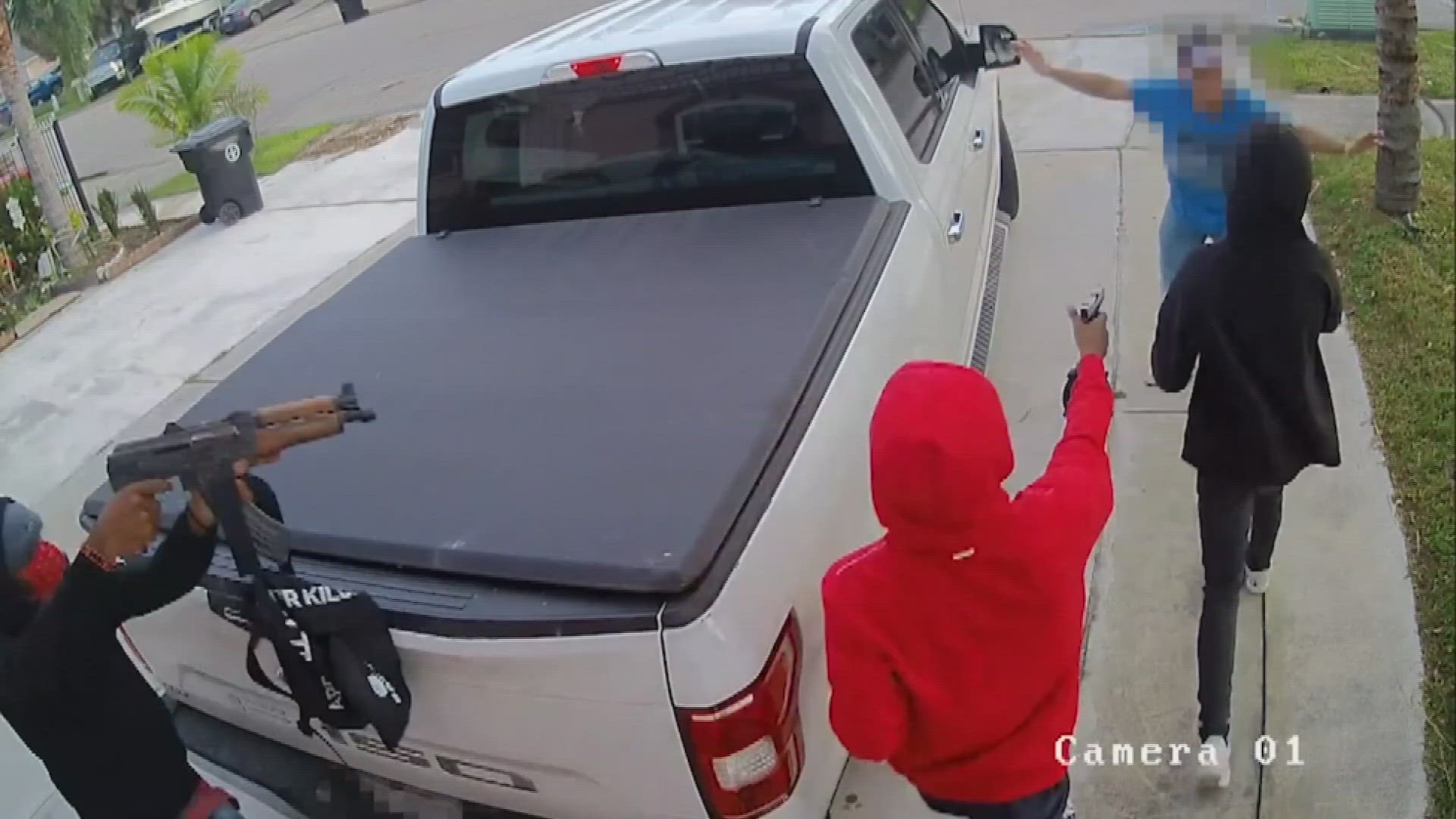NEW ORLEANS — Overall crime is down across New Orleans according to the New Orleans Police Department, but the violence is still gripping many communities.
According to the Metropolitan Crime Commission, the city of New Orleans's homicide rate is 111% higher today compared to what it was in 2019. All this comes amid the city's search for a new superintendent.
Eyewitness News reporter Eleanor Tabone sat down with retired Orleans Parish Chief Judge of the Criminal District Court, Calvin Johnson to discuss the difference in crime today versus past decades.
If it feels like you're seeing a different balloon release every night for a different young person taken by violent crime, it's because you are.
"You didn't have the involvement with juveniles that you see today, that, you just did not have," Judge Johnson said.
In 1994 there were 424 people murdered across New Orleans, the most on record. According to Judge Johnson - who acted as Chief Judge from 2004-2007 - today's crime is completely different to what the city experienced back in the 90s.
"Now, of course, we see an advent of children doing things that we didn't... see before," he said.
Judge Calvin Johnson says children growing up in New Orleans today are experiencing much more trauma compared to kids who grow up here pre-Katrina.
He says the disaster of the 2005 hurricane, the pandemic, social media, poverty and issues in the educational system, all play a factor in the cycle of trauma kids are facing today.
"New Orleans itself has been traumatized all aspects of it and that includes the justice system."
"One of the answers is to recognize that trauma is impacting this 18-year-old, born in 2005."
Part of Judge Johnson's extensive career was serving as Executive Director of the Metropolitan Human Service District - a state agency that oversaw behavioral health services.
He says the solution isn't locking children away forever, and it's not only up to the criminal justice to solve the city's crime surge. Instead, the community needs to listen to our children's silent cries for help.
"The problem is outside of justice. The problem is with all of those things that exists from a societal perspective, that causes behavioral issues. It can be substance issues, it can be mental health issues, it can be poverty, it can be fractured families, it can be schools," Judge Johnson said.
The solution he says is improving access to mental health services, especially in schools. He said there needs to be "People who are trained in the school systems to deal with mental illness and trauma."
► Get breaking news from your neighborhood delivered directly to you by downloading the new FREE WWL-TV News app now in the IOS App Store or Google Play.

